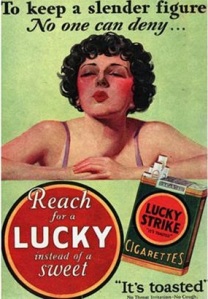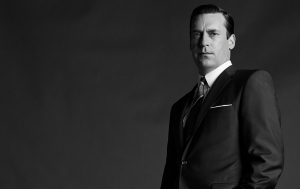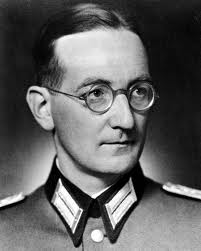If I think of the times or places where I feel comfortable in my own skin, where I feel like I belong exactly where I am, what springs readily to mind are games of Ultimate Frisbee. As I think about it, I can almost feel the roughness of the nicks and grooves on the lip of the disc from where it has skidded across asphalt after an errant throw. The chaotic crissing and crossing of my teammates trying to run away from their coverage, the premonition that a throwing lane will be open in a half a second but swallowed up again two tenths of a second later. The billions of blades of grass brushing their muddy pomade into the grooves of my feet. It’s calming but invigorating blend of forethought and intuition, competition and cooperation, somehow both fundamentally lighthearted yet brutally serious.
Virtually everywhere else, though, there’s a discomfort and a disconnect. Perhaps some of that stems from being older than most of my friends but younger than most of my coworkers. Maybe part of it is developing interests that few of my current friends have, and not finding friends among those who currently share those interests. Perhaps it’s the utter scarcity of feeling simultaneously welcome and appreciated. I’m not sure. But when you get told you’re different often enough it stops feeling like a compliment.
I spent much of Memorial Day wandering alone by the Mississippi riverfront. It was a beautiful day for it. I came upon a set of adjacent condos which shared a courtyard. Pink and lavender petals of a purpleleaf sand cherry tree were scattered about, shifting in the wind but not going far. There was an empty row of benches – criminally empty, but rife with potential. The French actress Jeanne Moreau once said, “To go out with the setting sun on an empty beach is to truly embrace your solitude.” I wonder if to sit alone on a picturesque bench is to accept solitude while acknowledging the possibility of something else.
On Easter Sunday, conversation with my family turned to my many bus stories. My aunt suggested that these things probably happen all the time but few people notice them. “I bet often you were the only person aware of what was happening,” she quipped. We discussed why that might be. Do I have an innate skill to perceive simmering conflict about to bubble over? Perhaps – I have studied face reading, nonverbal emotional expression, body language, and psychology in some depth. But maybe that’s only a small part of it. Maybe I notice these things because I feel irrevocably set apart from what’s going on around me. I feel out of place, and that offers a heightened awareness as a small consolation.
Jawaharlal Nehri was India’s first Prime Minister, occasionally described as the “architect of the modern Indian nation.” He grew up the son of a wealthy attorney and as a result was sent to England to study, first at Trinity College and later at Cambridge. When he returned to India, he met and befriended Mahatma Gandhi, who later became his mentor. But his role in Indian independence and his leadership of that nation did not make him feel part of it. “I have become a queer mixture of the East and the West,” he said, “out of place everywhere, at home nowhere.” The philosopher Gerald Arbuckle compared Nehru’s feelings to those of migrant children: accused of abandoning their heritage, never feeling accepted by their new society. “I am a stranger and alien in the West. I cannot be of it,” Nehri lamented. “But in my own country also, sometimes I have an exile’s feeling.”
The curse of the exiled is to long to be someplace where you feel loved, only to find that it no longer exists. It is to wish for that place where you are embraced with welcome and appreciation. In an early episode of Mad Men, Don Draper is discussing the idea of utopia with Rachel Menken. She says, “They taught us at Barnard about that word, ‘utopia.’ The Greeks had two meanings for it: ‘eu-topos,’ meaning the good place, and ‘u-topos,’ meaning the place that cannot be.” The exile is left to wonder if he can ever find home again, or if home has become that good place that cannot be. Thinking back to Memorial Day, a friend asked I wanted to come celebrate. I turned down the offer: “Sometimes it feels less lonely to be alone.”




